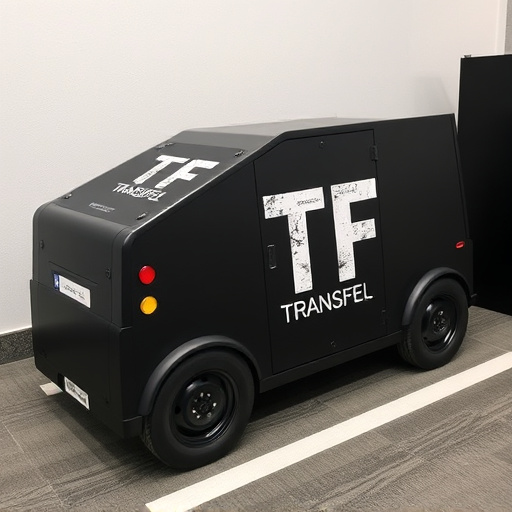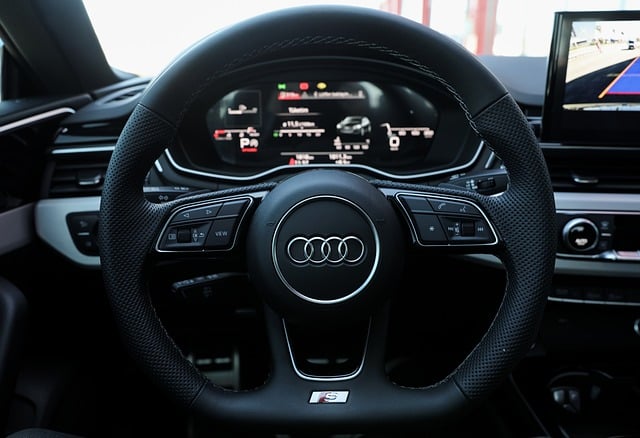Staying compliant with legal cold air intake (CAI) systems is crucial for minimizing vehicle emissions and preventing pollutant introduction into exhaust streams. These systems, enhancing engine performance, must meet stringent regulations. Non-compliance leads to penalties, emphasizing the importance of understanding legal cold air intake systems emissions standards. Emissions certifications ensure vehicles meet environmental standards, impacting modifications like CAI systems. By prioritizing certified components, manufacturers offer efficient, environmentally responsible driving experiences. Unraveling certification processes helps navigate legal cold air intake systems emissions regulations effectively.
Emissions certification is a critical aspect of the automotive industry, ensuring vehicles meet stringent environmental standards. This article delves into the intricate world of certifications for cold air intake (CAI) systems, exploring the legal requirements and their impact on performance modifications. We’ll uncover how these regulations shape the automotive landscape, focusing on the process, key considerations, and benefits for both manufacturers and consumers. Understanding these details is vital for navigating the legal aspects of vehicle emissions.
- Understanding Legal Requirements for Cold Air Intake Systems
- The Role of Emissions Certifications in Automotive Industry
- Unraveling the Details: What to Know About Emissions Certification Process
Understanding Legal Requirements for Cold Air Intake Systems

Staying compliant with legal requirements is paramount when discussing cold air intake (CAI) systems, as they significantly impact vehicle emissions. These systems, designed to enhance engine performance by drawing in cooler, denser air, must adhere to strict regulations aimed at minimizing environmental pollution. The primary concern lies in ensuring that CAIs do not introduce additional pollutants into the exhaust stream, which could worsen air quality and contribute to climate change.
Vehicle manufacturers and aftermarket installers alike must be aware of the specific legal cold air intake systems emissions standards set by regulatory bodies. Non-compliance can lead to severe penalties, including fines and legal repercussions. Understanding these requirements is crucial for maintaining a sustainable automotive industry, promoting cleaner technologies, and safeguarding public health.
The Role of Emissions Certifications in Automotive Industry

Emissions certifications play a pivotal role in the automotive industry, ensuring that vehicles meet strict environmental standards. As regulations continue to tighten, these certificates have become increasingly important for manufacturers and consumers alike. One notable aspect is the impact on performance modifications, such as legal cold air intake systems emissions, which must now adhere to stringent guidelines.
For automotive enthusiasts and customizers, understanding these certifications is crucial when it comes to enhancing vehicle efficiency and reducing emissions. Legal cold air intake (CAI) systems, for instance, can significantly improve engine performance while keeping emissions within acceptable limits. By ensuring compliance with relevant standards, manufacturers can offer peace of mind to consumers who prioritize both powerful driving experiences and environmental responsibility.
Unraveling the Details: What to Know About Emissions Certification Process

Unraveling the intricacies of the emissions certification process is crucial for understanding how legal cold air intake (CAI) systems are regulated. This process involves a series of rigorous tests and evaluations to ensure that automotive modifications, like CAI systems, meet specific environmental standards. Manufacturers and installers must be familiar with these regulations to guarantee compliance and avoid potential penalties.
Emissions certification is a multifaceted procedure, considering factors such as the system’s impact on engine performance, fuel efficiency, and pollutant emissions. Legal CAI systems are designed to enhance airflow without compromising vehicle safety or contributing to increased pollution. By understanding the certification criteria, consumers can make informed decisions when choosing modifications for their vehicles, ensuring both legal compliance and optimal performance.
Emissions certification is an indispensable aspect of the automotive industry, ensuring that cold air intake systems meet stringent legal requirements. By understanding the intricate details of this process, manufacturers and consumers alike can navigate the market with confidence, knowing their vehicles adhere to environmental standards. This knowledge empowers informed decisions, driving innovation while upholding ecological consciousness in transportation.














